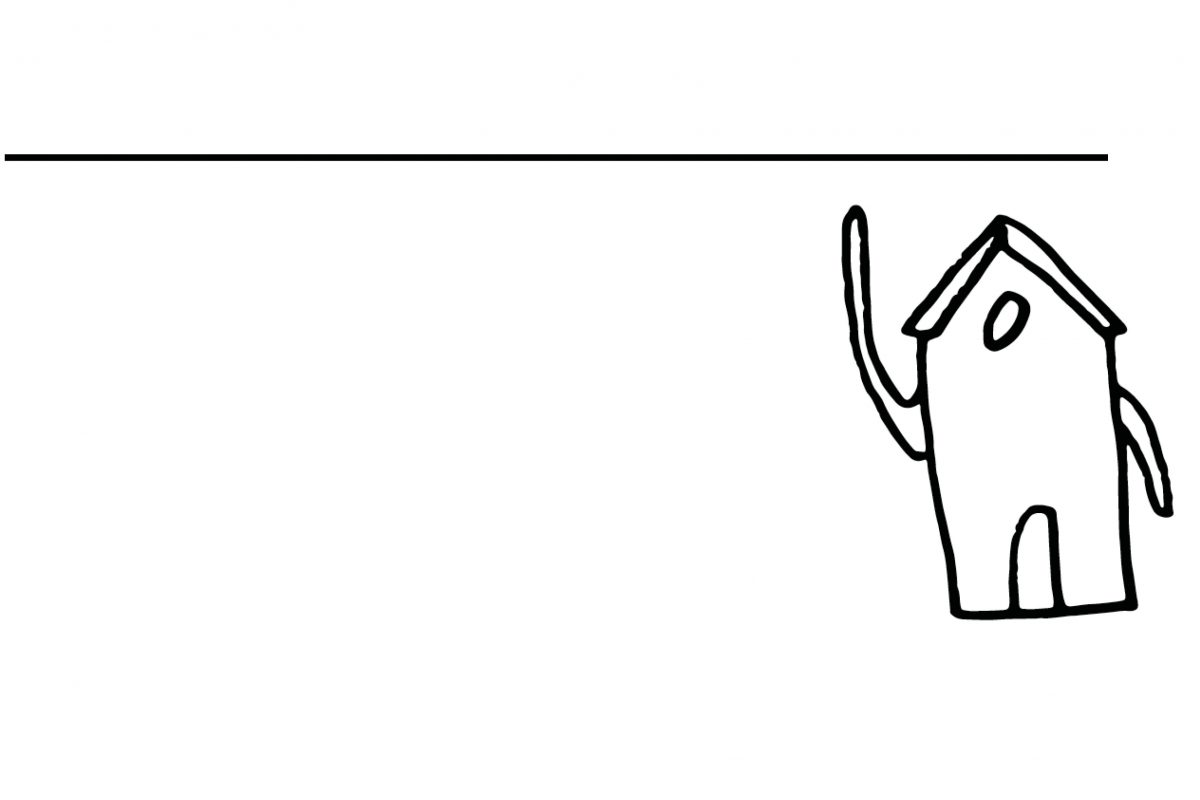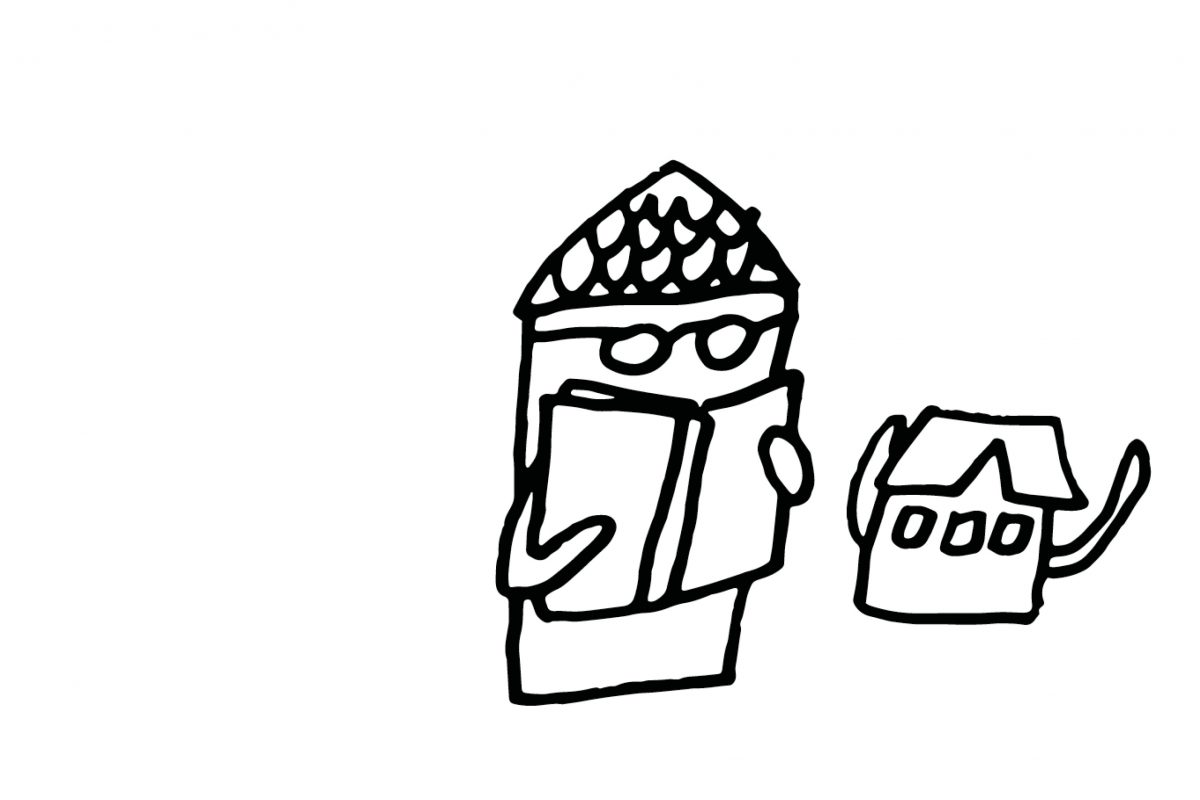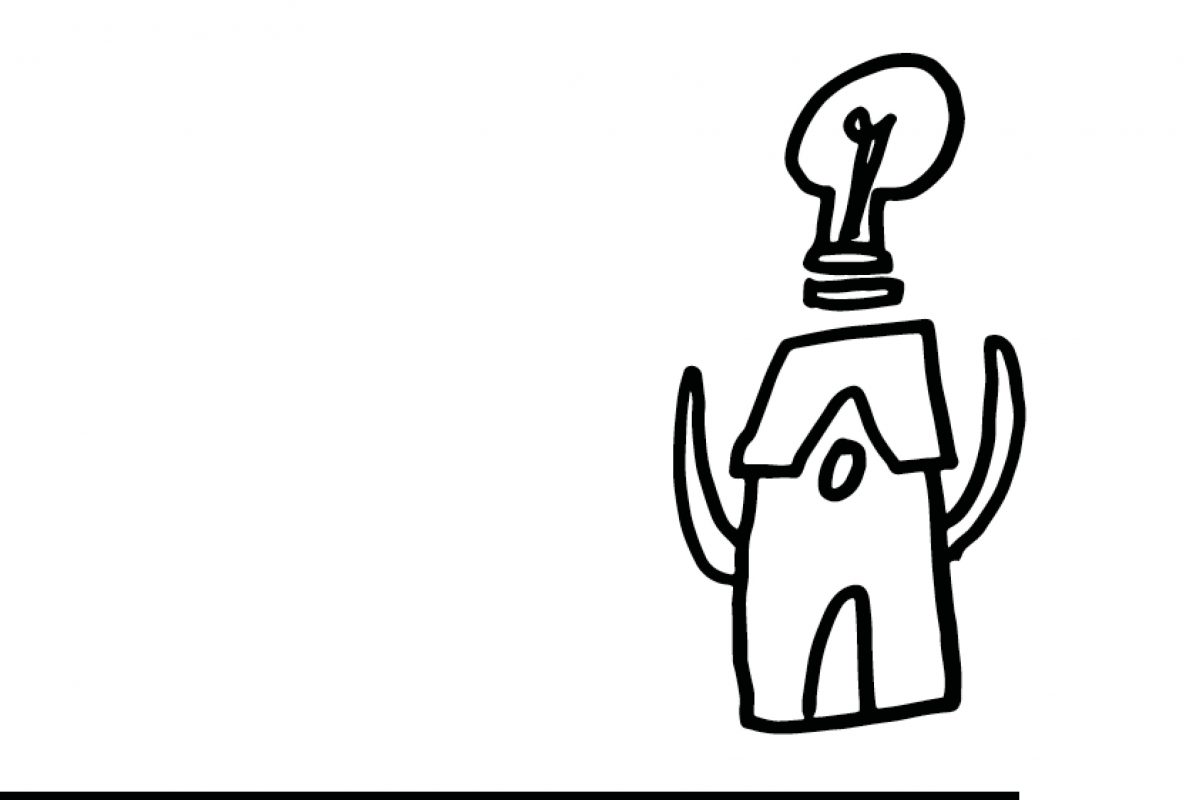
Keep up with our latest news and projects!

This essay takes a learning and knowledge approach to societal co-development. It explores the question of how collective ownership needs new skills and institutions that enable urban communities to learn and develop resilient common values.1
The vitality of our cities has become more fragile in the face of increasing pressures and complexities that result from market forces, the limits of unilateral planning, and subsequent social isolation. Collaborative city making may well offer an answer to our social, economic and ecological ills, but only if we are able to collectively learn to use it as communities and makers of our living environment. An open city, one that is not readily made and consumed for its convenience or exclusive nature, but rather one shaped by its citizens as a cultural expression, requires new institutions and new citizen capacities for what we call townmaking.2
We see a rise in citizens taking matters in their own hands through cooperatives and citizen initiatives, while at the same time the political economy has globalised our cities and rendered them less governable by us than we might want to believe. As the economy is gaining more power than politics, the question for me has become: how can we maintain a sense of place that is not based on a shared illusion of isolation and simplicity, or the consumption of shared services, but that is supported and expressed by resilient civic institutions?
With jobs constantly changing, people no longer take their sense of belonging from their work; hence the importance of place increases. Unfortunately, belonging to a place, in the sense of playing part in its destiny, has become less common. Governments and markets provide the services we consume, from our homes to our food, to our health and our neighbourhoods. Without an intrinsic sense of belonging in a rich civic and economic life, places may not only continue to separate the haves from the have nots, but may easily become a defensive symbol for an ingroup excluding immigrants and other Others.

The answer, I believe, to inclusive cities is not a matter of simply giving people more say. Many municipalities in their attempt to legitimate themselves or reduce transaction costs ask citizens to ‘participate’ or propose ideas for common issues of planning and social infrastructure. It is usually a recipe for disappointment as a shared understanding of the situation is missing, and no process for collective imagination and realization is in place. I argue that participatory projects need collective institutions such as cooperative communities that better organise themselves. But in order to do so well, they need to organise their knowledge and wisdom too so that they are able to generate and maintain societal assets and the knowledge to develop them. The counterargument we hear often is that not everyone is willing or capable of dedicating time and skills to such endeavours. However, that assumption stems from the perspective of a government asking for involvement, rather than seeing our everyday work and life as integral part of city development. The most extraordinary cities like Sienna or even Amsterdam were not built by developers, but by people, over time whilst living in them.
What I argue is that we need a learning city. A city that learns from the ground up, from daily experience and the practice of people who have taken the time to understand their living environment and the craft of their vocation. A city that learns not in abstract, or from big data, but from deep meaning, and grounded, contextualised insight. A democracy in this light, is not a set of rules and procedures, but a practice and a pedagogy for making and living together.

Townmaking is an approach to the development of societal assets, the curation and sharing of embodied knowledge to generate and maintain those assets, and a perspective on common urban development. It is a practice that needs ongoing refinement, but I believe it contains key building blocks to some of the major questions in building inclusive and resilient cities. As an urban pedagogy, it consist of learning to understand the dynamics of our living environment collectively and acquiring the skills to generate societal assets. These assets are societal goods that we hold in common, such as living public spaces, natural and community driven food production, shared mobility, or citizen controlled data. Instead of treating them as a service to be delivered by the market or the government, we should see these assets as commons, as part of public infrastructure, realising, of course, that such civic infrastructure goes well beyond the skill and knowledge required for community gardens. But when citizens are able to create and maintain – in cooperation with government and companies if needed – the goods and practices that meet their basic needs, we may retain a sense of purpose and place within the global economy, and create a realistic economy based on use and value rather than speculative profit.
Developing this knowledge and skill requires effort, but so does everything. Knowledge and wisdom can be captured in good practice. If done senselessly, this makes for either stale and rigid protocols, or whimsy ideas. But developed well, good practice embodies deep understanding on all aspects of the complex domain of life. A good practice, meaning the embodied knowledge gained through well-lived practice, captures the interdependencies and tacit understandings that no theory can. How a certain tree grows and becomes suitable for a sidewalk, how a dialogue in circle contributes to a shared ownership of the conversation, or how a certain food stall makes a place worth hanging out. The issue usually is, that we hardly ever capture and share such knowledge in a way that is detailed and contextualised enough for deep understanding, and at the same time provides overview enough to see its connection to the wider whole. This is precisely the trick to useful civic knowledge. It bridges bottom up and operational knowledge with strategic and top down systems knowledge. It is this in-between space of the systems and life world. These kinds of knowledge used to be curated by guilds, and you will still find it with certain professional groups such as lawyers and surgeons, but in most other domains it has disappeared and is undervalued because most of the knowledge about how things work is outsourced and fragmented. Organisational priorities lie in managing processes and results.
The smart city narrative speaks of learning, but cities do not learn with big data, they are controlled by it. Learning is a transformational experience by which previously ambiguous circumstances start making sense. The smart city narrative makes us believe in the same convenience-based modern city that has dominated the functional city planning of CIAM since 1933.3 The image of the efficient and controllable city denies the necessary unpredictable and organic nature of life in cities. Already some decades ago, the American pragmatist John Dewey started his laboratory school at the University of Chicago because he saw how the industrializing world was suffering from abstraction. Schools teach just-in-case knowledge, removed from its experiential value. He believed that a democracy needs people to ground their knowledge in practice, and to practice the development of civic culture. Dewey sought for people to become aware of their interdependence of one another in their origin and destiny through shared practice. Instead of this practice, the modern cities and policies of urban development, are mostly abstract solutions for abstract problems in the sense that they are based on abstract numbers serving abstract metrics of growth, crime, or poverty.

Increasingly the complexities of the city are met with a cry for metrics and mechanisms that bring it under control, such as data-driven decisions and evidence-based policies. Or if not that, we are looking for futuristic visions from agencies, showing some variation on technopolis convenience. For instance, mobility hubs are a trendy topic. They seem neutral solutions for our congesting cities, but are in essence technologies looking for a problem, and avoiding the question of what kind of city we want to live in. What place do we have as citizens other than consumers of convenient and clean transport? All issues of public service has traditionally been seen in this light. The city provides a series of technical solutions to energy, housing, and poverty, but the question of human thriving is avoided altogether. Thus, cities have become rather disembodied. They are constructed to offer functions and services, but often lack attunement to the lived experience in a place.
As a societal asset, a mobility point may become something completely different. When communities have the tools and infrastructure to generate their own neighboured solutions, as the townmaking approach proposes, they can build their own mobility point by understanding the neighbourhood’s local needs themselves, sourcing bikes and cars from local bike shops and mechanics, and assembling their own mobility software. This means cultivating far deeper relations with materiality than we are used to. But when something like a shared mobility point is developed in response to a higher possible collective future, we are no longer talking about merely outsourced lease constructions for a singular function. We are talking about strengthening the social fabric by fulfilling social and economic roles, keeping citizens’ data in their own hands, sharing personal bikes and vehicles if they wish, skilling neighbourhood residents in maintenance, perhaps connecting local food or many other functions. It is not just the convenience, but also the way of linking multiple local cash flows that make a community resilient.
The way commons can govern themselves has become clear through the works of Elinor Ostrom and Tine de Moor. How they can generate societal value in a sustainable and scalable manner is a different matter. On the one hand, this involves the formation of new economic relationships not just between citizens. A strong commons that can provide an alternative to society undermining market forces requires cooperation between organised citizens, companies and government, with a focus on generating streams of societal value embedded in a local context. On the other hand, it needs kinds of knowledge that we have structurally undervalued and often lost as a society. This is the kind of knowledge of what makes something ‘good’. When is something of integral societal value? Organisations only have a systems way of determining quality in terms of what service contract demands, for instance. Craftsmen understand the life world quality of things, and will be able to tell you when a bicycle is made with durable materials, honest work, and for a healthy life cycle. Missing are the practices and organised knowledge that connect the two. As a community, you can curate that knowledge too, in a sharable format.
With townmaking, citizens and professionals collectively make sense of their environment by capturing knowledge and wisdom in causes and good practices4, sourcing the knowledge, protocols, and network to realise these assets, and make them available for communities around the world. By organising the knowledge from stories of real experience from residents, professionals, civil servants, local entrepreneurs, and experienced domain experts, a community can express its needs in very strong and substantiated terms. It is this ability that turns the table from top-down servicing, planning, and solutions no one asked for, to grounded societal demand. This makes communities stronger in their ability to determine their own fate as it creates an equal standing point in cooperating with companies and institutions, and coordinates collective effort towards shared understanding and shared value.
Special thanks to Indranil Bathacharya from Townmaking Institute for his inspiring contributions on knowledge engineering.
Townmaking is a methodology of embodied knowledge creation and cooperative civic development.
Idem
Sensemaking is the ability or attempt to make sense of an ambiguous situation. More precisely, sensemaking is the process of creating situational awareness and understanding in situations of high complexity or uncertainty in order to make decisions. It is “a motivated, continuous effort to understand connections (which can be among people, places, and events) in order to anticipate their trajectories and act effectively” Klein, G., Moon, B. and Hoffman, R.F. (2006b). Making sense of sensemaking Ii: a macrocognitive model. IEEE Intelligent Systems, 21(5), 88–92